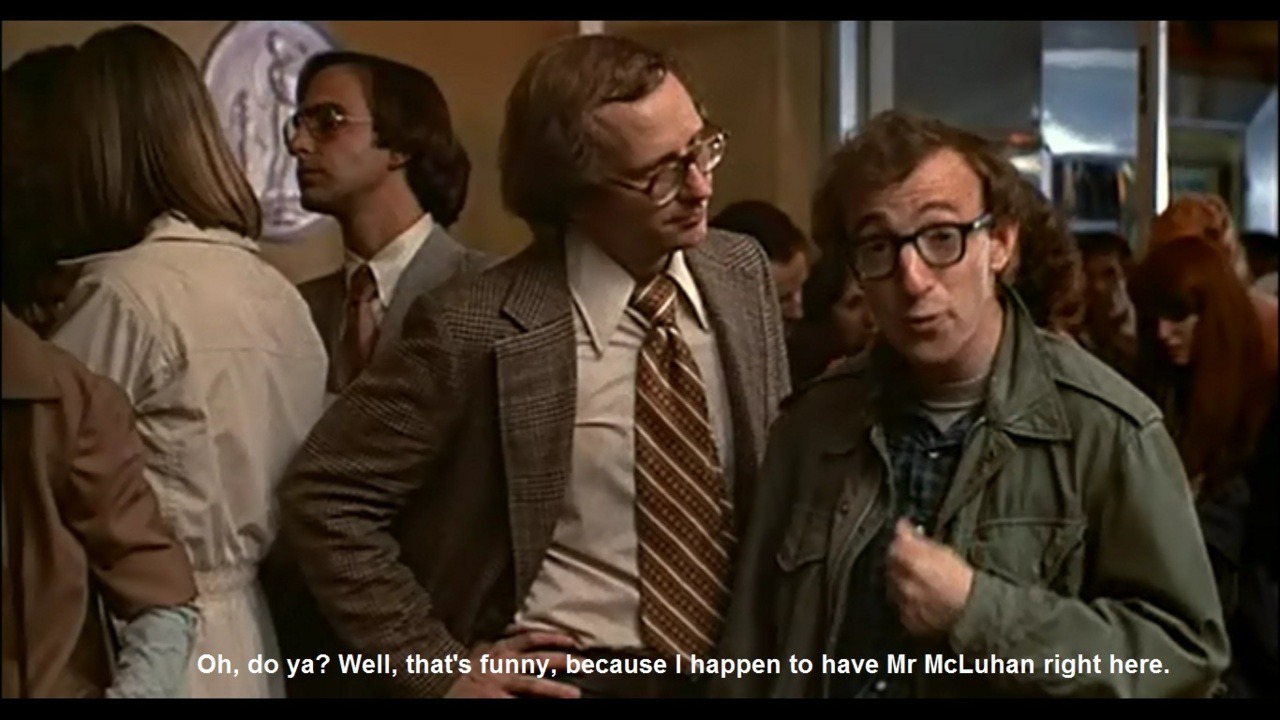I got into an interesting disagreement with a Wikipedia editor on the page for We Happy Few. The page asserted that, in the game's lore, Nazi Germany invaded England, but the English did a "Very Bad Thing" to get their freedom.
This is not quite right. In our game, it's the "German Empire" that invaded. We didn't want to deal with Nazis or the Holocaust. In Germany, you can't even release a game with swastikas in it. So, in our game, Hitler was deposed shortly after attacking Russia. Rommel is Führer. Also, the Very Bad Thing happened during the German occupation, and the Germans left some time later.
Some time in the future, you should eventually see an Iron Cross flag somewhere, and maybe a portrait of Erwin Rommel.
So I fixed the entry.
The editor reverted to his original entry.
I pointed out that I'm the writer of the story.
The editor insisted I provide citations to prove that my edits were correct.
Wikipedia, it seems, does not allow primary sources. You can't read War and Peace and say it's set in Russia during the Napoleonic invasion. You have to go find an article somewhere that says it is, and then cite that.
This makes sense. You can't have people rewriting articles based on their own interpretations. Suppose I think Annie Hall is a depressing, nihilistic movie about the futility of love. What's stopping me from editing the entry on Annie Hall accordingly? Only this rule.
So you can not, for example, pull Marshall McLuhan out from behind the poster and have him contradict someone. You have to cite an article in which someone quotes Marshall McLuhan.
That puts a writer in an odd bind. I happen to know that it was not Nazi Germany that invaded England in We Happy Few, because I wrote the timeline and all the lore to go with it. But that's not proof enough. I have to tell someone else, and they have to write it somewhere, and then I can cite their article, which quotes me.
So, hopefully, someone will quote this blog post in their blog, and then I can cite myself.
This is not quite right. In our game, it's the "German Empire" that invaded. We didn't want to deal with Nazis or the Holocaust. In Germany, you can't even release a game with swastikas in it. So, in our game, Hitler was deposed shortly after attacking Russia. Rommel is Führer. Also, the Very Bad Thing happened during the German occupation, and the Germans left some time later.
Some time in the future, you should eventually see an Iron Cross flag somewhere, and maybe a portrait of Erwin Rommel.
So I fixed the entry.
The editor reverted to his original entry.
I pointed out that I'm the writer of the story.
The editor insisted I provide citations to prove that my edits were correct.
Wikipedia, it seems, does not allow primary sources. You can't read War and Peace and say it's set in Russia during the Napoleonic invasion. You have to go find an article somewhere that says it is, and then cite that.
This makes sense. You can't have people rewriting articles based on their own interpretations. Suppose I think Annie Hall is a depressing, nihilistic movie about the futility of love. What's stopping me from editing the entry on Annie Hall accordingly? Only this rule.
So you can not, for example, pull Marshall McLuhan out from behind the poster and have him contradict someone. You have to cite an article in which someone quotes Marshall McLuhan.
So, hopefully, someone will quote this blog post in their blog, and then I can cite myself.

3 comments:
Don't know if this will help but if it will then please cite away!
I used a couple of screenshots from Steam to illustrate - hope that's okay but just say if not and I'll use something else.
(Sorry - I managed to link to a draft version somehow - this is the real link!)
Do you have to cite a 3rd party, or does it simply have to be something outside of Wikipedia? Could you simply cite this blog? Or if it's not formal enough, write a post- (or mid-)mortem about the development process? I'm sure you could get Gamsutra to repost it...
Post a Comment